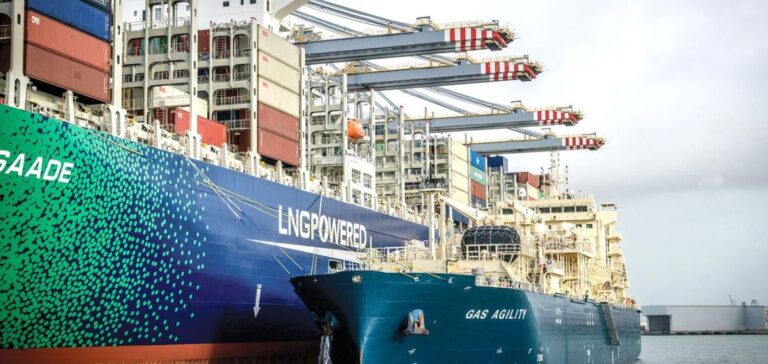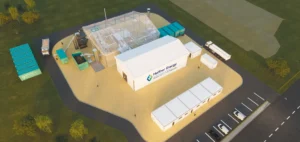The biofuels market in Europe is undergoing a significant transformation thanks to the increase in biomethane installations. The European Biogas Association (EBA) reports that the number of installations has increased by 30% since 2021, reaching 1,322 units in April 2023. This expansion is a key indicator of the sector’s development and the growing interest in biofuels. Biofuels, particularly bio-GNL, are becoming an attractive alternative for the marine sector. However, their adoption is hampered by high costs. Prices for bio-GNL range from $21/GJ to $60/GJ, depending on the greenhouse gas savings achieved, which is significantly higher than the cost of conventional fuels.
Economic and regulatory challenges
The cost of bio-GNL is a major challenge to its widespread adoption. By comparison, traditional marine fuel costs around $11.90/GJ in Rotterdam. This price difference has prompted many shipowners to focus on penalties for non-compliance with regulations rather than switching to bio-GNL. European regulations, such as the Emissions Trading Scheme (ETS), play a crucial role in this dynamic. From 2024, 40% of shipping company emissions will have to be covered by quotas, with a gradual increase to 100% in 2027. This regulatory constraint could encourage the adoption of alternative fuels in the medium term.
Cost reduction opportunities
For bio-GNL to become an economically viable option, a significant reduction in production costs is essential. The EBA forecasts a 30% reduction in costs by 2050, thanks to the increase in large-scale production. This prospect is supported by the ability of bio-LNG to use existing LNG infrastructures, which limits the need for additional investment.
Infrastructure and adoption of Bio-GNL
The adoption of bio-GNL could be facilitated by the development of refuelling infrastructures. There are currently around 58 LNG refueling sites in North-Western Europe, ready to integrate bio-LNG into their offerings. This existing infrastructure is a major asset for the rapid deployment of bio-GNL as an alternative fuel in the maritime sector. The expansion of the biomethane and bio-GNL market in Europe offers interesting prospects for companies in the energy sector. Regulatory pressure and cost reduction forecasts are key factors that could accelerate this energy transition. For market players, it’s crucial to monitor these developments and invest strategically in the infrastructure needed to capitalize on this growth opportunity.






















